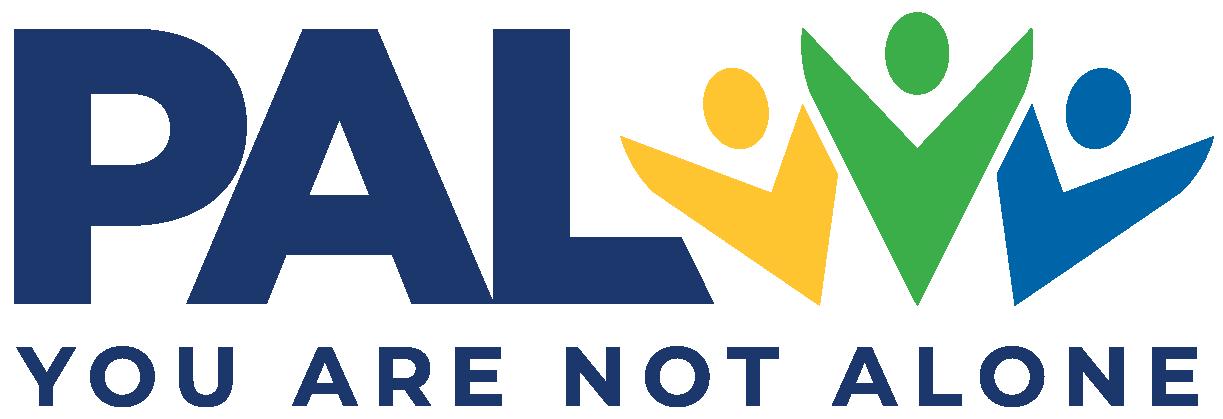
Last month, we discussed the fact that parents and loved ones can unintentionally create a barrier to healing because stigma can be so prevalent in the addiction world. Stigma, according to the National Institute of Mental Health, is described as something that marks a person as “less than” or flawed, changing how they are seen—from a regular person to someone discounted or looked down on. The process of stigmatization involves noticing a difference, labeling the person with that difference in a negative way, and creating a divide between “us” and “them.” As a result, the group seen as “them” faces discrimination and loses respect and status, often influenced by social, economic, and political power.
Would you expect anyone to admit, “Yes, I have a problem!” with such a harsh definition? This is why it can be so hard for some to have open and honest conversations about struggles with alcohol and other substances. It’s also one of the reasons why the problem often gets so much worse over time, sometimes leading to a breaking point—often called “rock bottom”—where the only choice left is to give in and finally admit to themselves and others that they have lost control of the substance, and the substance now has control over them.
What if, instead of making people feel they are victims of the substance they are engaging in, we start sharing with them the hope of a different future without it? This is the methodology that put an end to my own personal suffering. But how and when do we engage in this conversation? Here are a few things to consider:
- Timing is everything: Unfortunately, there will be little opportunity for a fruitful conversation without your loved one being in the midst of some sort of crisis as a result of a consequence from their engaging in their substance of choice. The addicted brain cannot see a problem with what they are doing until it is amid a problem “it” just created. When a person is suffering the consequence, a loving conversation can be a welcome opportunity to problem solve.
- Make the culprit the substance, not the person: There is a natural tendency in substance abuse to believe that there is something wrong with the person. This viewpoint can create stigma and hinder helpful conversations with your loved one. As a parent of someone that is trying to encourage someone, I don’t see any value in focusing on their issues as “character defects.” You can know that they already have an inner turmoil that is driven by shame, which tells them that there is something fundamentally wrong with them. This thought process can be particularly troubling because a large percentage of people use substances to self-medicate because of trauma or some other anxiety-producing event. They didn’t have other skills to cope with their anxiety. Others face addiction because of a prescription for legitimate physical pain as a result of an injury. And in the case of alcohol, many are simply unaware of the toxic effects of the substance through false advertising and societal pressures associated with having cocktails at every imaginable event in life. Helping the person understand that the substance is the one lying to them is a helpful starting point for an open discussion. When you take the focus off the shortcomings of the individual and onto the lies of the substance they are engaging in (and its negative effects), it can cause less defensiveness and encourage a conversation about the consequences of the substance.
- Empathy: As hard as it might be in certain situations, empathy for the person you love is crucial. Try not to react. Even though you believe they are denying they have a problem please understand that in most cases, they are having some pretty tough conversations with themselves. These are conversations that you would be horrified about if you were aware of them. Things people say to themselves might include the following sentiments:
-
- You’re such a loser, why even bother?
- What’s wrong with me? I must be defective.
- You can’t do anything right.
- Sure, you say you like/love me, but if you really knew me….
- The world would be a better place without me.
When you show empathy, it will be a surprising reaction for them, one that might open up some authentic conversations. Showing empathy in this situation is just acknowledging that you understand that the substance has taken control of their actions. It’s about understanding the guilt and shame that they must feel as a result of what happened. Empathy does not mean you are “ok” with what is happening or agreeing with their choices. It simply allows for a more open and less defensive dialogue.
- Avoid shaming approaches: Shame is the belief that there is something wrong with them (that they are defective in some way), and it prevents them from having hope that something can change. Acknowledging that they are a person who is valued and loved despite any shortcoming is important. This is where a faith-based approach can be helpful. When one believes that God created every person with a gift and a purpose (that is unique to them), they have a purpose. The “gifts and purpose” conversations are important because common thinking in an addicted mind is “What happened to me? I used to be so ___________.” Fill in the blank with things like motivated, creative, productive, happy, and so on. Replace shame with recognition of what’s possible in their life if they could be released from the grip of their substance.
- Ask Open-Ended Questions and Express Hope: This allows your loved one to feel heard and play a role in their own healing. Speaking out loud about what might be in their head gives them more clarity about the situation they find themselves in. Have them consider what life would be like without the substance. Consider questions like:
-
- What is this substance costing you? (relationships, money, pride, self-esteem, friends, etc.)
- What do you think is possible with your life if you were able to put it to the side and not “need” it any longer?
- What support do you think you’d need if you decided to make a change?
- Are there any activities or hobbies you used to enjoy that could be part of your life again if this wasn’t in the way?
While every story and healing process is unique in how and when a choice of healing will occur, please know that a nurturing, judgment-free environment can avoid potential stigma, reduce fear, and build trust over time. Dealing with addiction is incredibly hard for all involved. It is almost never a “one-and-done” answer. Sometimes they may be willing to listen, sometimes they may not. Sometimes, they may not even be aware enough to comprehend what you are saying. It is difficult to understand and comprehend that you are not in control of your loved one’s choices. The best you can do is to inspire them to see a different future and tell them you are there for them as a support system. If possible, consider a qualified counselor or coach for you and certainly for them if they are willing. That might help spark these types of conversations with them to unearth the deeper reasons for using the substance in the first place.
People feel loved most of all when you see their value and potential, not when someone points out their shortcomings. I encourage people to continue to educate themselves as much as possible with the latest science behind addiction. This will help your understanding of the need for an integrative approach to the whole person and their underlying reasons for using substances, and how people can successfully leave that life behind them.
Rose Ann Forte is an award-winning and international best-selling author of The Plans He Has For Me Daily Devotional. She is also the creator of the Choose Freedom Program™ and Host of the Say Goodbye and Imagine Podcast. She is passionate about providing resources that help people change their relationship with alcohol and other substances.

Sometimes I forget how badly she feels. This article brought the idea to the fore front of my mind. Shame does play a huge part in this process. I know as I went through it…not good enough, never good enough, not fitting in, trust issues…they all play such a big part in the mind of the recovering person. I want to help so badly and you reminded me of ideas that will help me start this conversation.